The Federal Government says many federal workers are unable to access its housing loan schemes because they have mortgaged their salaries through multiple loans from commercial lending agencies.
Hajiya Salamatu Ahmed, Executive Secretary, Federal Government Staff Housing Loans Board, explained that the heavy loan deductions from the workers’ salaries make them ineligible for the housing loans.
She disclosed this at the Permanent Secretaries’ Quarterly Forum with Union Leaders, organised by the Service Welfare Office, Office of the Head of the Civil Service of the Federation (HCSF).
“Let me tell you why workers may have difficulty in accessing these loans.
“Majority of them have already mortgaged their salary by taking series of loans from these agencies that operate “sharp loans”.
“So, at the end of the day, there is no way you can propel them to pay the housing loan. This is very sad,’’ she said.
Ahmed said the situation is worrisome because the board had increased its loan ceiling to N20 million for senior workers to benefit.
She added that the government had also created a special scheme for officers on Grade Levels 8 to 14.
She explained that the board was partnering with mortgage institutions and private developers to make housing more affordable for civil servants.
Declaring the forum open, Mrs Patience Onyekunle, Permanent Secretary, Service Welfare Office in office of the HCSF said the engagement was to strengthen dialogue between government and unions on issues of staff welfare, industrial harmony and productivity.
According to her, government has introduced several initiatives under the Federal Civil Service Strategy and Implementation Plan (FCSSIP 2021 to 2025).
The initiatives, included, group life assurance for federal workers and the President’s N750 billion pension bond bill before the National Assembly.
“As you are aware, the Service Welfare Office is charged with promoting staff welfare through sound policies and programmes.
“Today’s meeting is an opportunity to focus on discussions squarely on welfare-related issues with the understanding that sustained dialogue and continuous engagement will allow us to address the concerns progressively.
“This forum is one of the several avenues through which the federal government continues to engage union leaders, ” she said.
She used the forum to list other welfare initiatives by the government, including, resuscitation of the Nigerian Social Insurance Trust Fund (NSITF), provision of free medical services at the office of the HCSF complex.
Others are, the review of the recognition and reward policy as well as an open-door engagement policy with labour unions.
On his part, Mr Usman Tumsah, Deputy General Manager, NSITF, said the Trust Fund was simplifying its claims process and digitising applications to ensure timely compensation for workplace accidents and deaths.
“It is just unfortunate that most of the organisations have not duly keyed into the scheme and submitted the necessary documentations on behalf of their employees so that they are captured under the scheme.
“But, we are, at the moment, doing high-level sensitisation of all MDAs to the benefits of keying into the scheme and the benefits derivable for the employees to the scheme. “
He assured that federal civil servants are automatically covered under the employee compensation scheme, while efforts are ongoing to sensitise MDAs to compliance.
Mrs Chika Ukachukwu, Chairman, Ministry of Information and National Orientation Union, commended government’s efforts, but urged further improvements in the National Health Insurance Authority (NHIA) scheme.
She decried delays in accessing medical care under NHIA, calling for the removal of bottlenecks that discourage workers from seeking treatment.
“I have been a beneficiary of NHIS, now NHIA, since 2012 and I know that the hospitals are not too smooth to assess it. It’s very discouraging.
“Sometimes when you think of the rigours, the procedures, you have to go through to access medication and
checkup, you are already discouraged.
“But I think they can do better by reducing some of these bottleneck,” she said.
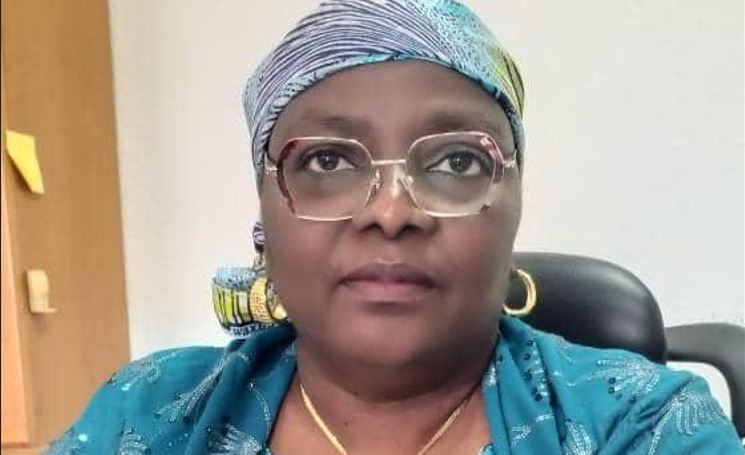
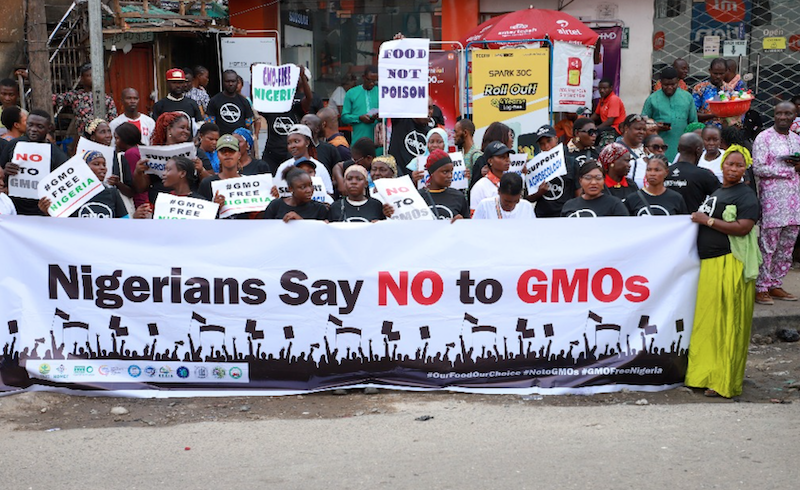
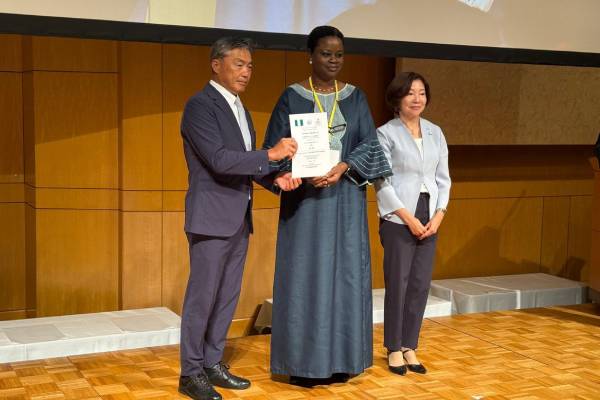
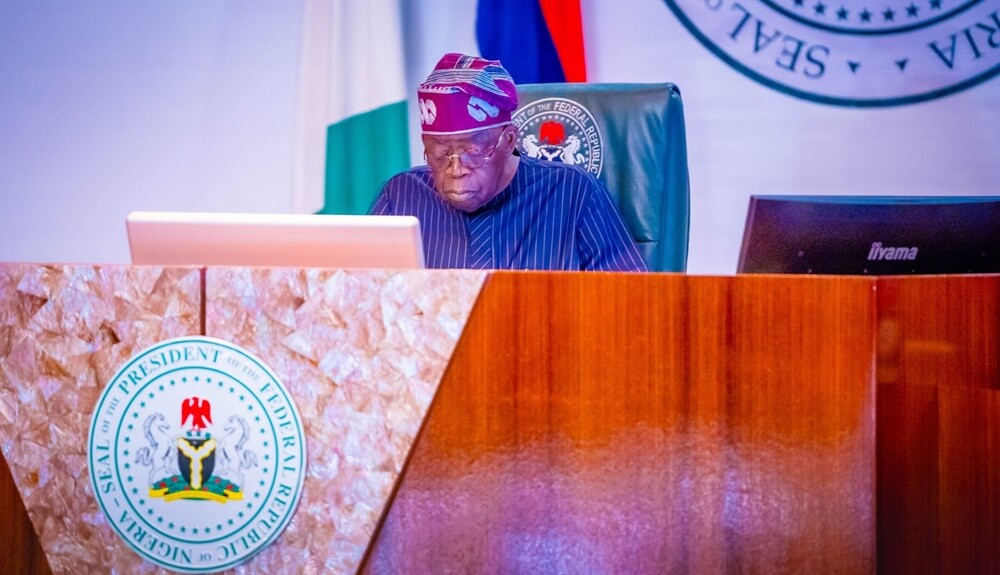

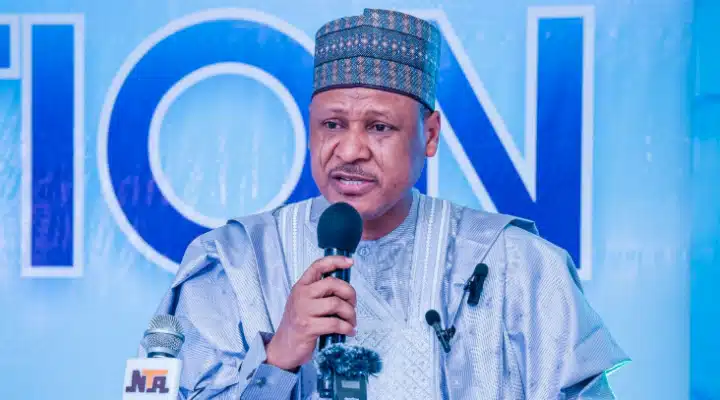
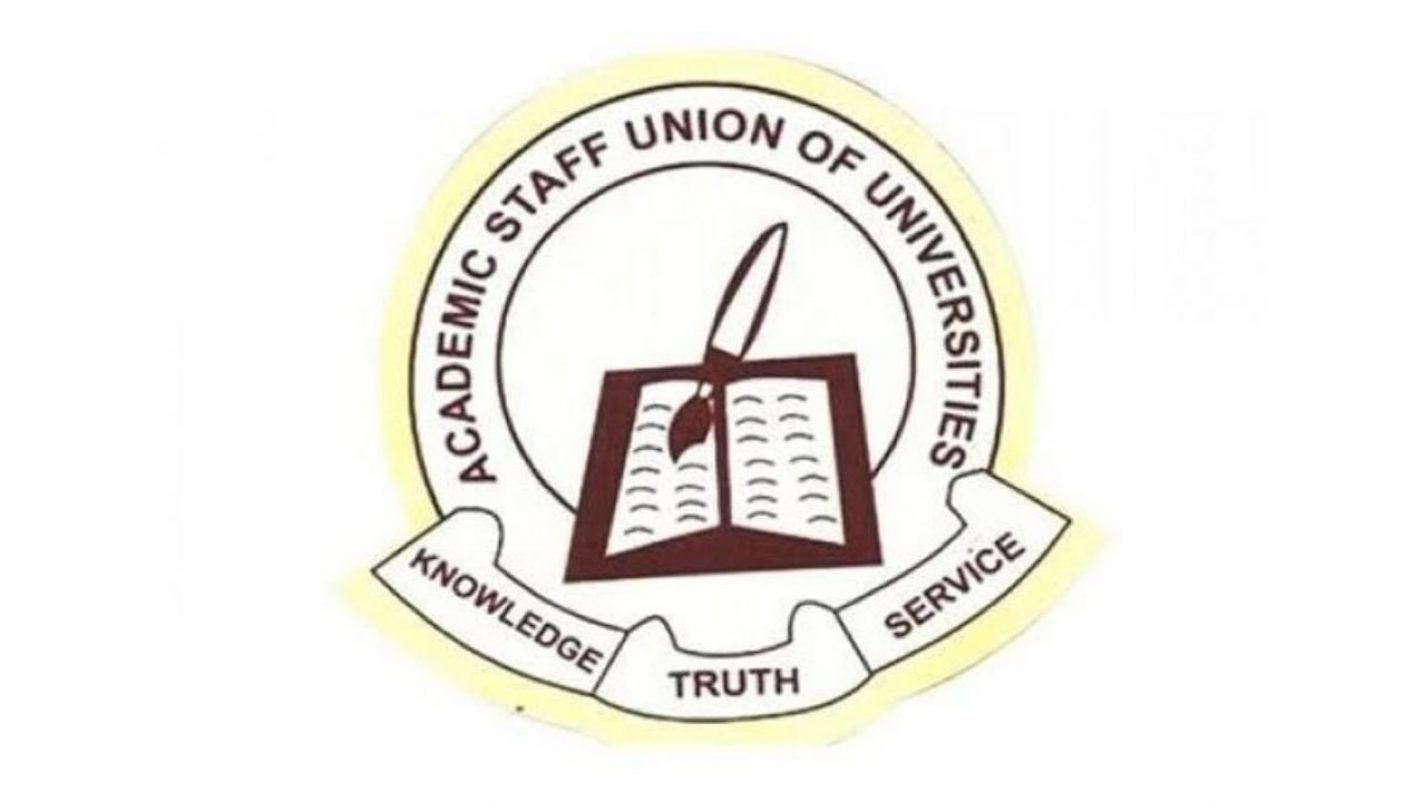

![11 Federal hospitals to pay N12,000 for kidney dialysis [See list]](https://thenewsguru.ng/wp-content/uploads/2025/08/Kidney.webp)
